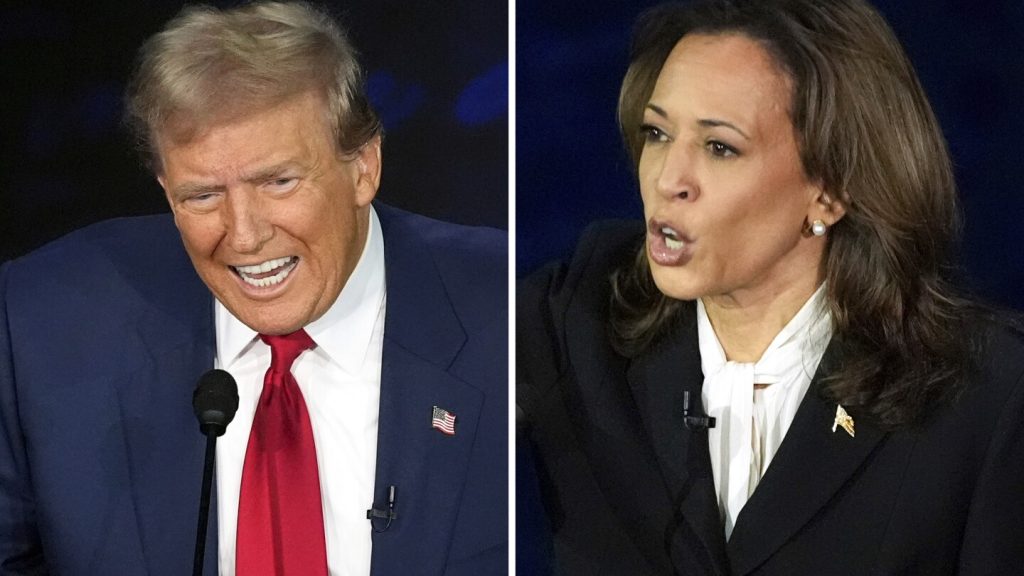A New York startup company, Kalshi, began accepting bets on which political party would win control of Congress in the November elections following a judge’s ruling allowing these wagers. U.S. District Court Judge Jia Cobb’s decision enabled the company to offer prediction contracts nationwide, allowing people to bet on which party will win control of the Senate and the House. Co-founder Tarek Mansour expressed excitement about the ruling, stating that the Kalshi community had made history and emphasized the potential of these markets to provide valuable insights about the future.
The U.S. Commodity Futures Trading Commission, which had previously prohibited Kalshi from offering such bets, announced plans to appeal the ruling, raising concerns about potential manipulation of the election for financial gain. It remains unclear whether Kalshi will expand its betting options beyond congressional races or if other entities such as sportsbooks or online casinos will follow suit. Prices for predictive contracts on Kalshi fluctuated on the day of the ruling, with bets on the Republicans to win control of the Senate priced at 76 cents and Democrats to win control of the House priced at 63 cents.
Opponents of the ruling, such as nonprofit organization Better Markets, criticized it as a dangerous move that could lead to unprecedented gambling on U.S. elections, undermining public trust in both financial markets and democracy. However, Kalshi’s legal team defended the company’s approach, emphasizing compliance with government regulations and substantial investments in the market. The Commission’s attorney warned of potential malicious activities designed to influence election outcomes and called for the ruling to be overturned to protect public confidence in the voting process.
The Commission’s concerns about market manipulation were likened to someone spreading misinformation to affect the price of corn commodities, highlighting the potential risks associated with allowing betting on elections. Despite the decision in favor of Kalshi, the Commission intends to appeal the ruling on an emergency basis and requested a temporary stay, which was denied by the judge. Kalshi already offers prediction contracts on various political topics, including government shutdowns, Supreme Court confirmations, and President Biden’s approval rating.
While Kalshi’s congressional election bets mark a significant development, they are not the first legally offered on U.S. elections. West Virginia briefly permitted such bets in April 2020 before reversing its decision. The future of political betting in the U.S. remains uncertain, with legal battles expected to continue as the Commission appeals the ruling. The case has sparked debate about the potential impact of allowing gambling on elections and the need for safeguards to protect the integrity of the democratic process. As the legal proceedings unfold, stakeholders will closely monitor the outcome and implications for the intersection of financial markets and political forecasting.















